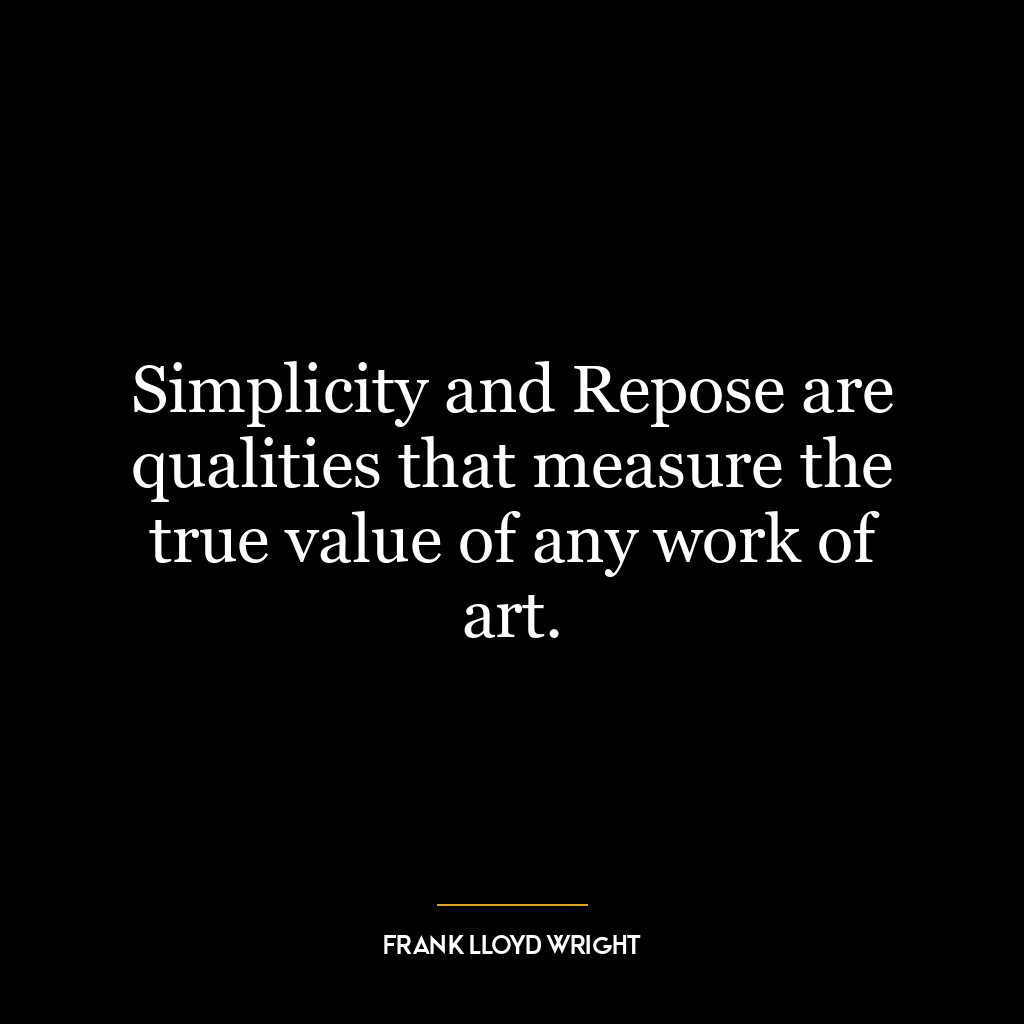This quote means that it’s better to invest in a high-quality business at a reasonable price than a mediocre business at a bargain price. This is based on the idea that a great business typically has a more sustainable competitive advantage, stronger financials, better management, and more potential for long-term growth. Even if you pay a fair or slightly high price for such a business, its intrinsic value and potential for future earnings make it a superior investment.
On the other hand, a fair or average business might not have these qualities. Even if it’s available at a great price, it might not have the same potential for sustainable growth or profitability. Therefore, its low price doesn’t necessarily make it a good investment.
Applying this concept to today’s world, particularly in the context of stock market investing, it suggests that investors should focus more on the quality of the companies they’re investing in rather than just the price of their stocks. For instance, a technology company with a robust business model, innovative products, and a growing market share might be a better investment at a higher price than a struggling company with declining market share, even if the latter’s stock is cheaper.
In terms of personal development, this quote could be interpreted as suggesting that it’s better to invest time, energy, and resources into developing high-quality skills, knowledge, or experiences that have long-term value, rather than seeking quick, easy gains that might not contribute as much to personal growth. For example, it might be more beneficial to spend several years earning a degree in a field you’re passionate about, even if it requires significant investment, rather than taking a shortcut to a less satisfying career that might not offer as much potential for fulfillment or advancement.








